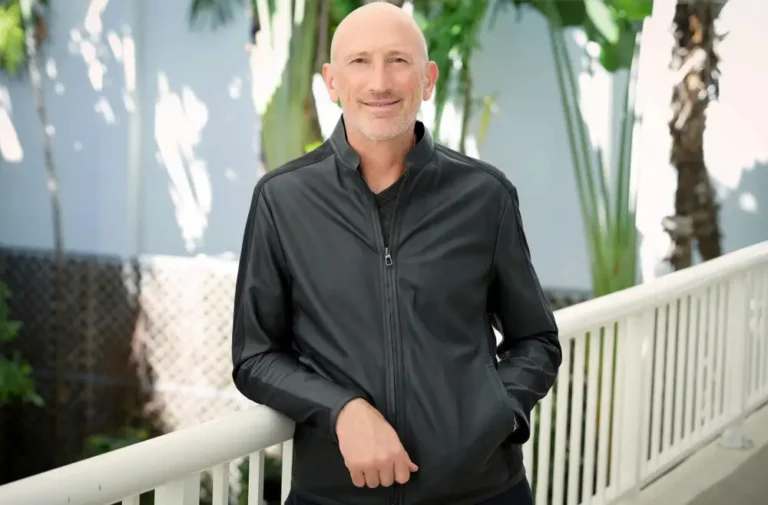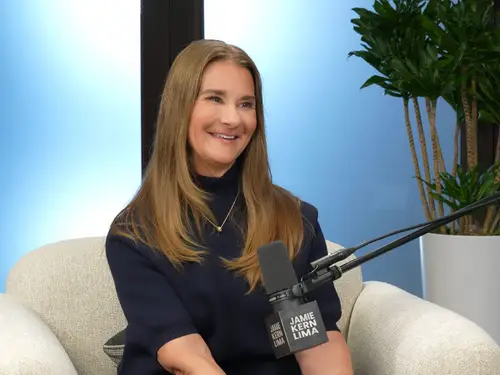Anna Kendrick says couples therapy didn’t help her relationship. Here’s how to know when to find a new therapist.

Anna Kendrick said her therapist eventually apologized to her.
Anna Kendrick didn’t have a good experience in couples therapy.
On Wednesday’s episode of Alex Cooper’s “Call Her Daddy” podcast, the “Pitch Perfect” star said she was in a 7-year relationship that had turned abusive.
“It didn’t follow the traditional pattern, which is kind of yet another reason why I was finding it really difficult to identify it and name it as abusive,” said Kendrick, who didn’t name her ex.
“So I thought it had to be me. Like, if one of us is crazy, it must be me,” she said.
Kendrick, 39, said she turned her life “completely upside down, trying to fix whatever was wrong” with herself.
However, going for couples therapy did not resolve the situation. “It didn’t help that for a long period of time, our couples therapist, I think, just bought his stuff kind of hook, line, and sinker,” she said.
She said her therapist later apologized after he “realized what was going on” toward the end of the relationship.
But after yelling in one therapy session, Kendrick said that “something shifted” and that “things ended pretty quickly after.”
Later in the episode, Kendrick said that despite not having a “great experience” with couples therapy, she has made it a requirement that any future partners have experience seeing a therapist.
“I’m never getting involved with a man. Meaning like, we’re not even kissing. We’re not even going to have a real conversation — unless you are in or have been in therapy.”
A representative for Kendrick did not immediately respond to a request for comment from B-17 sent outside regular business hours.
How to know when to move on from your therapist
Couples therapy has multiple benefits for a relationship, including better communication, rebuilding trust, and increasing satisfaction within a relationship.
However, there are signs that couples should move on or find another therapist.
Licensed therapist and social worker Jillian Amodio previously told B-17 that therapy can be hard work. “But even so, it should not be something that feels burdensome or an appointment that you dread going to,” she said.
Experts also advise people to move on from their therapist if they find themselves holding back information out of fear, forming an unhealthy attachment to them, or not being able to integrate what they have learned into daily life.
Additionally, it’s important to know when to pause therapy altogether, said Colleen Marshall, a licensed marriage and family therapist based in San Francisco.
“People should be able to go to therapy, learn whatever they need to learn, leave, go live their life, and then come back again if something else happens,” she said.
“They shouldn’t be dependent on therapy their whole life.”






